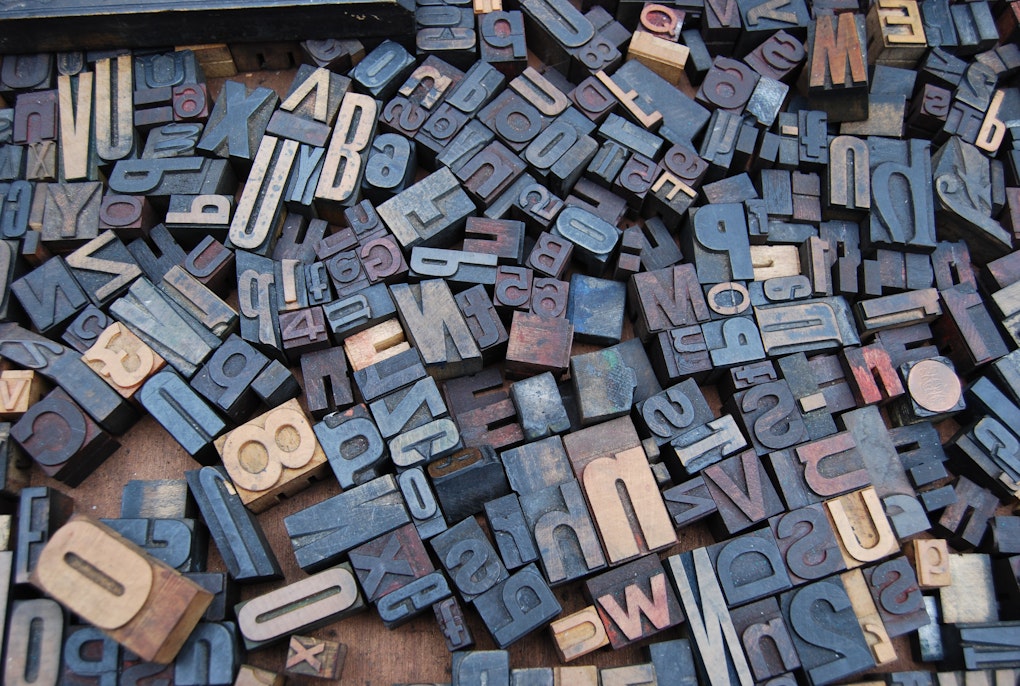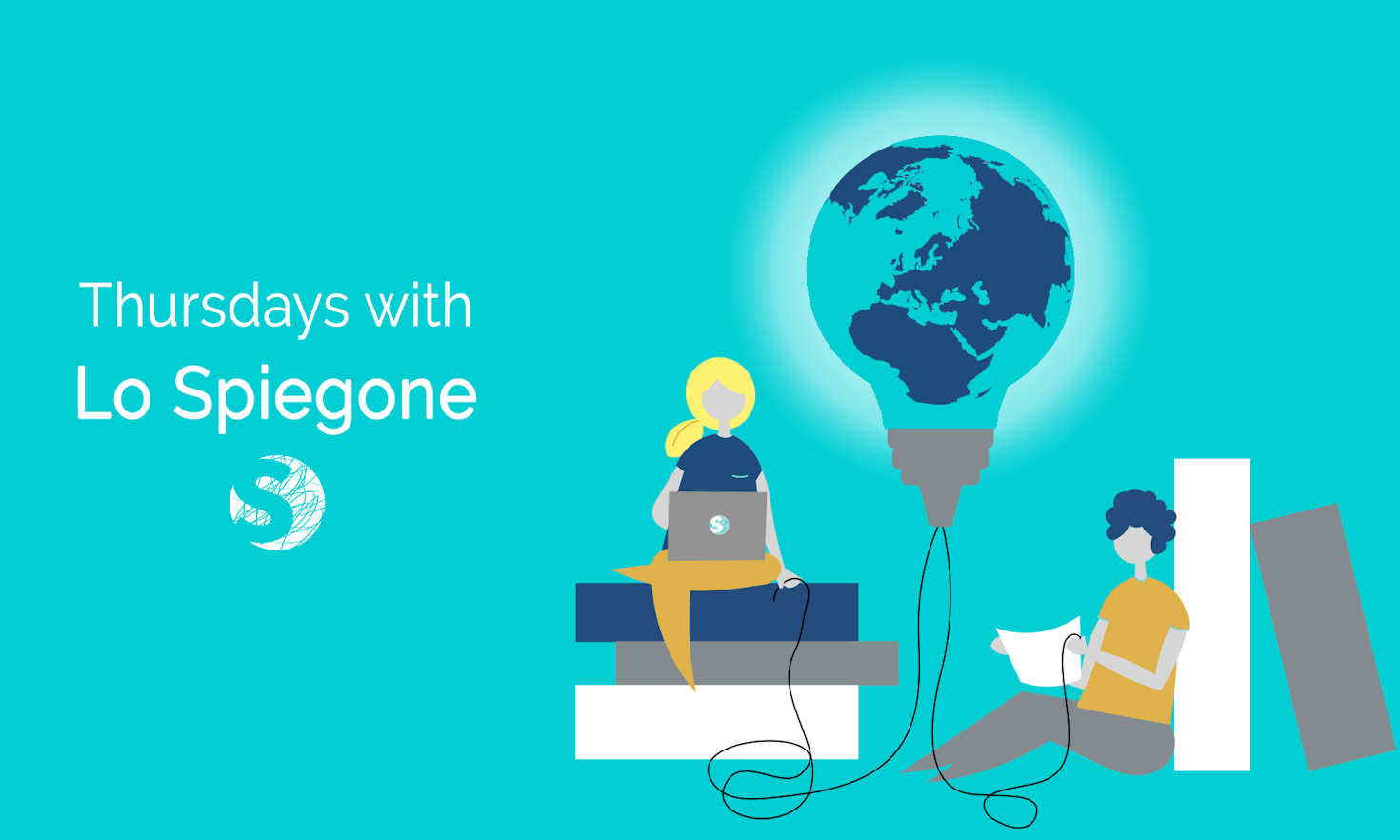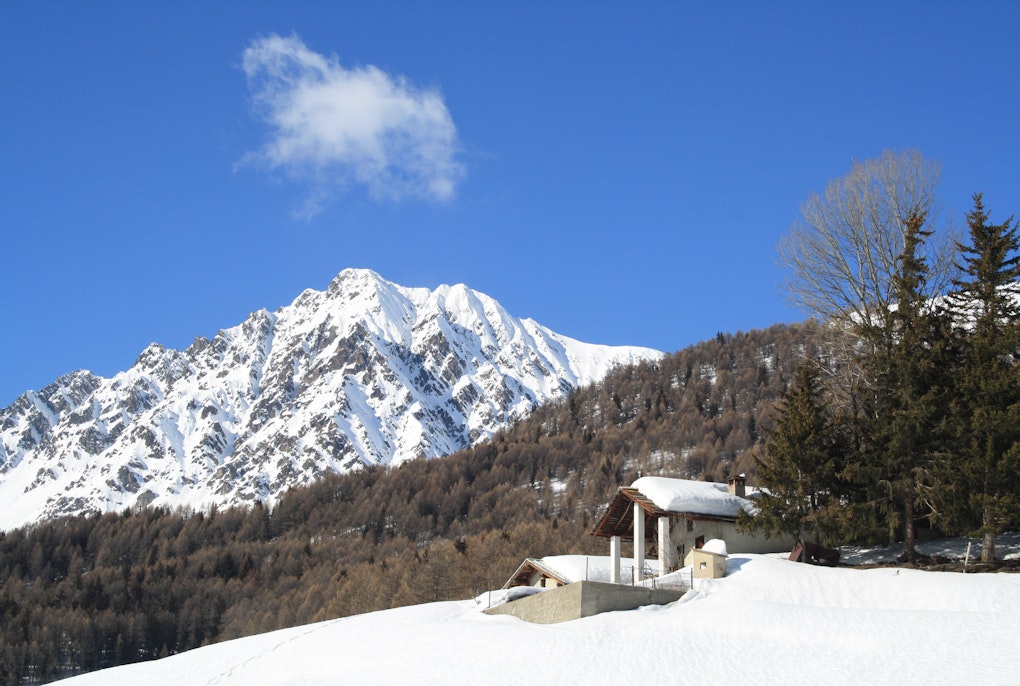
Languages in Aosta Valley – Countering old research narratives in political and legal studies
 Nicolò Alessi
Nicolò Alessi
The independence of the judiciary and the degree of media freedom are the aspects of rule of law which most affect citizens’ daily lives. Furthermore, their analysis can help us monitor the progress of democracies.
Greece, Slovenia and Croatia have some characteristics in common, though they entered the European Union at different times. According to Freedom House, the three countries show similar ratings for what concerns the protection of civil and political rights. the three countries ranked close in Freedom House’s World Freedom Index regarding the protection of civil and political rights.
As highlighted in the Rule of Law Report published in 2020 by the European Commission, the independence of the Greek judiciary system is guaranteed by the Constitution. On the other hand, the fight against corruption has slackened. In November 2019, the Group of States against Corruption (GRECO), together with the Organisation for Economic Cooperation and Development (OECD), criticised the Greek government's decision to ease the sanctions against public officials convicted of corruption felonies. The decision, endorsed by the Parliament, represented a step backwards after the significant strides made in previous years. The measure was later repealed without retroactive effects causing a breakdown in the penalties applied.
The Greek Constitution also includes a number of provisions to protect media independence and freedom of expression. The financial crisis of 2008 weakened media organisations’ finances considerably, making them more vulnerable to corruption. The Commission’s report underlines a problem which Greece shares with the Balkan countries: the lack of? transparency in media ownership. In this regard, the Center for Media Pluralism and Media Freedom has given a score of medium risk to Greece because disclosure of information about ownership news to the public is highly limited, for example the print media are not required to state their owners on their copies.
According to a Eurobarometer survey conducted in 2020, the public considers the judiciary system to be highly influenced by the government and by politics. The Croatian institutions have committed to make the judiciary more independent and this could change the negative public perception. In this context, the Constitutional Court delivered a sentence in 2018 declaring the mechanism for appointing judges by the State Judicial Council and the State Attorney’s Council was biased. After that, the law was amended to make the process clearer.
Moreover, the Croatian Constitution protects the rights of free expression and information, while several laws ensure media plurality and the access to information. Every media organisation has to report its legal activities and any change in ownership to the Agency for Electronic Media, which is an independent authority. The degree of media freedom is therefore on average similar to the other European countries, even if episodes of violence against journalists are not rare: in 2018, reporter Hrvoje Bajlo was threatened repeatedly after accusing two members of the Government of embezzlement.
Slovenia shows some differences compared to Greece and Croatia. Ordinary judges must be appointed by the National Assembly after having been selected by the Judiciary Council, as written in the Constitution. Article 125, which details this procedure, makes Slovenia the only Member state where the legislative body is involved in the appointment of ordinary judges. In some circumstances, the Parliament is also authorised to establish committees of inquiry to evaluate the judges’ work. In 2019, the Slovenian Constitutional Court suspended this power in order to protect the independence of the judiciary. Beyond the constitutional aspect, Slovenia suffers from a problem common to other Member states: people do not trust the judges. As in Croatia, their approval rating is lower than the European average.
Media independence is guaranteed by the law; however, the work conditions of journalists are a sensitive issue for the country. In fact, journalists and reporters are often threatened or attacked and they can be subject to political pressure. The Slovenian institutions are trying to increase the protections for this category, as evidenced by a constitutional sentence of 2018 which allowed journalists to keep the names of their sources private.
In Slovenia and Croatia, public trust in the courts is much lower than the European average, which weakens the judicial system. The three countries taken into account share the incapacity of granting security to the journalistic class, the same problem observed in the rest of Balkan countries.
Despite these issues, media freedom and independence of the judiciary and media freedom are protected by the three countries’ constitutions. There is a significant gap then with the Countries facing the process of adhesion to the EU. The EU’s efforts to strengthen the rule of law in the Member states are considerable, but at the same time their real merits are to be verified. The recent events in Hungary and Poland question the effectiveness of the EU’s measures and rather highlight how the cooperation and the goodwill of national governments are needed to make sure real progress is made in strengthening the rule of law.
This article is part of EUreka!'s collaboration with Lo Spiegone.
Council of Europe, “Greece: Despite some improvements, more work needed to restore ability of criminal justice system to counter corruption, Council of Europe experts say”, 18/12/2019
European Commission, Rule of Law Report Grecia, 2020
European Commission, Rule of Law Report Croatia, 2020
European Commission, Rule of Law Report Slovenia, 2020
Ekathimerini, “Greece struggles in its rule of law”, 20/10/2016
Juka Kukavica, “(Rule of) Law in the Time of Covid-19: Warnings from Slovenia”, Verfassungsblog, 25/03/2020
Jernej Letnar Černič, Matej Avbelj, Marko Novak, Dejan Valentinčič, “Reform of Democracy and the Rule of Law in Slovenia”, New University Faculty of Government and European Studies, 2018
Freedom House, Freedom in the world 2020: Slovenia, 2020
Freedom House, Freedom in the world 2020: Croazia, 2020

This content is licensed under a Creative Commons Attribution 4.0 International license except for third-party materials or where otherwise noted.

 Nicolò Alessi
Nicolò Alessi
 Nicolò Alessi
Nicolò Alessi
 Matthias Haller
Matthias Haller